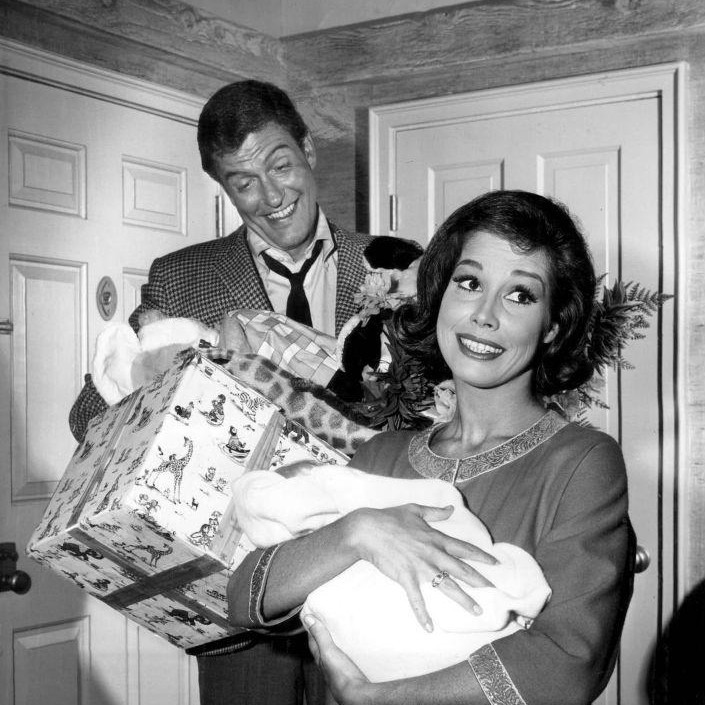I’m at a career crossroads. I’m done with tech (finally), corporate tech in particular, and despite the warhead-sized crater that the global economy tanking left in my performance gigs a few years back, and in my freelance writing/editing/production gigs as well, I’m still here and moving on.
The problem is that what constitutes popular live performance – and the income that comes with it – seems to have shifted once again.
In specific: my music/performance art role models have been and continue to be experimental performance artists, skilled musicians or people/groups that are both. A short list, by means of example:
- Laurie Anderson
- Grimes
- Marina Abramović
- Grace Jones
- George Clinton
- Sun Ra
- Art Ensemble of Chicago
- M.I.A. (without the anti-blackness, because wth, M.I.A.)
- Frank Zappa
- Tom Waits
In addition, there’s some overlap into singer-songwriters, such as Joni Mitchell, Peter Gabriel and Leonard Cohen. So far, so good.
What I see happening these days is that songwriters are in a position of being an emotive vessel on stage, typically in ways that look transformative – and sometimes, are exactly that – but more commonly, are repackaging vulnerability (or social justice) in ways that reinforce both the status quo and the fourth wall. In ways that the artists above – and myself – primarily don’t. It’s like everybody is supposed to be “the voice of a generation” now – which means that seriously overworked bad concept has gone viral and spread. They’re channeling a lot of emotion into their performances – which is good, obviously – but it’s getting commodified in ways both on the stage and off that make me sort of uneasy.
It’s a corruption of the original concept of being “the generational voice” (which has many flaws, including the assumption that a single person or musical group can represent a generation), as well as moving in on the “artist are weird” territory that makes it harder to compete with, or whatever “The process of making a living as a more-or-less experimental artist in 2017” qualifies as. It’s hard to “sell” “I’m a weirdo, and I’m good at it. Ask me about hegemonic capitalism” up against “I uphold neoliberal tropes via appearing to bear my soul on every song – I am the bloodletting that changed a nation, to enrich my corporate benefactors, en route to my product placement and tie-in deals. Talk to my agent for details.” Deliberately or not, it’s a commericalization of the the risk-taking and openness that has been around in experimental performance for decades. Which tbh, bugs me. Selling my work *at all* bugs me, but that’s another topic.
Performers – like most artists – are decidedly *NOT* special, by any terms upheld within the social mainstream of the U.S. We’re flawed, complex and in a lot of ways, not-normal. Which is good! That state of being is what I want to celebrate and uphold in my work, not being some sort of pressure valve for the status quo – weird, but not *too* weird. (My life goals: 1500% weird, at all times.) Asserting to the contrary gets into the realm of artists-as-celebrities, which frankly, is a norm that I want to dismantle, if not destroy. Including in my work.
What many of the artists I listed have in common is critiquing that position, if not working to dismantle artist-as-celebrity as a concept and practice itself. Sometimes through criticism of mass media (Frank Zappa), through ritualizing performance in a way that is unapologetically pro-black (Art Ensemble, Sun Ra, George Clinton), or feminist (Marina Abramović, Laurie Anderson, Grimes), or by turning the nature of celebrity on its head and making the artist’s elevated position one of performance, if not satire, itself – rather than an assumed position of celebritized status and superiority (Grimes, George Clinton, Frank Zappa).
Then there’s making money. The norm in this corner of arts and entertainment is to either a) figure out standard “The Business of Music” protocols and stick to them while not selling out in a way that tanks both your work and your credibility, b) figure out the grant world, or c) become an academic. c) gets sort of close for me (I love to teach), but academia, especially in the U.S. is in a protracted labor crisis, as well as a crisis of affordability. Which leaves d) crowdfunding, which is possible, but can be and frequently is a crap shoot.
I don’t know what to do, other than to keep trying and see what happens. Which sucks, but at least I’m not going under water, so I feel some sort of desire, if not responsibility, to continue. It’s a work in progress, as is life itself. Here’s to moving forward, and seeing where this leads me, once again.
